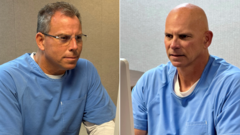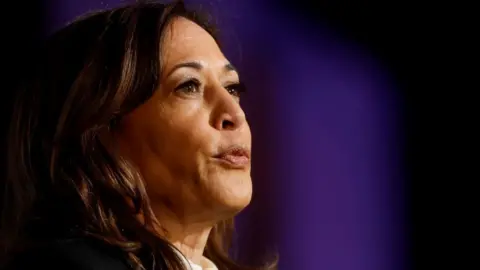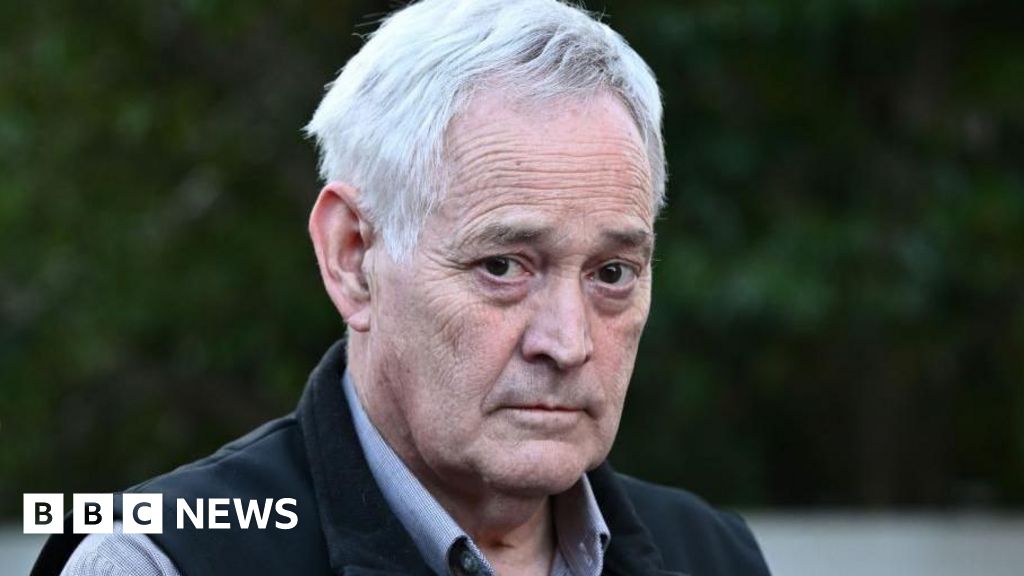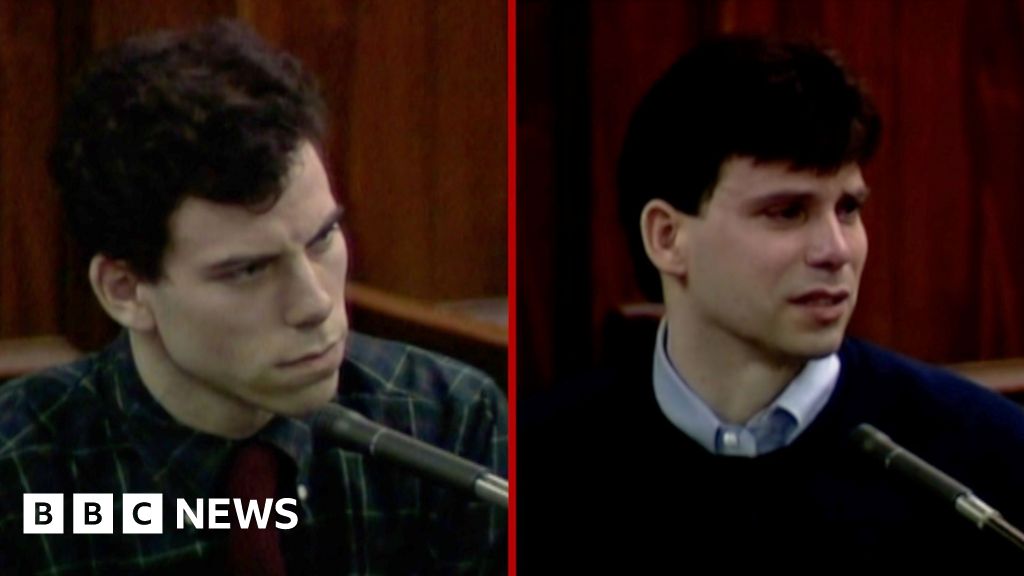Following Erik's hearing on Thursday, parole commissioner Robert Barton cited his involvement in various misconduct activities—including fights, drug use, and a scam linked to a gang—as main deterrents against his release. He pointed out that Erik did not exemplify a "model prisoner," as he had concealed banned objects, including materials for making wine.
The next day, Lyle faced a different panel, where commissioner Julie Garland recognized his expressions of remorse. However, she noted ongoing issues with anti-social behaviors, such as deception and rule-breaking. Both brothers were criticized for repeatedly using contraband mobile phones inside the prison, which was highlighted as problematic during the hearings.
While discussing their infamous past, Erik emphasized their belief at the time of the murders, pointing to his father's abuse and his parents as almost a singular entity. Lyle, regarded as the more dominant of the two, also expressed profound regret for the pain caused to his family over the years. Both offered apologies, each hoping their words might convey growth since those harrowing events.
The hearings drew support from multiple family members who spoke on behalf of the brothers, with their aunt expressing forgiveness for the past. Remarkably, their cousin praised Lyle for his achievements while incarcerated, arguing that he would not pose a threat upon release. However, commissioners maintained that familial love does not negate the need for accountability and reinforced their decision to deny parole, emphasizing the gravity of their past actions over expressed remorse.
Ultimately, these hearings not only illuminated the complexities surrounding the Menendez brothers' cases but also mirrored the challenges faced in reconciling past transgressions with an uncertain future.
The next day, Lyle faced a different panel, where commissioner Julie Garland recognized his expressions of remorse. However, she noted ongoing issues with anti-social behaviors, such as deception and rule-breaking. Both brothers were criticized for repeatedly using contraband mobile phones inside the prison, which was highlighted as problematic during the hearings.
While discussing their infamous past, Erik emphasized their belief at the time of the murders, pointing to his father's abuse and his parents as almost a singular entity. Lyle, regarded as the more dominant of the two, also expressed profound regret for the pain caused to his family over the years. Both offered apologies, each hoping their words might convey growth since those harrowing events.
The hearings drew support from multiple family members who spoke on behalf of the brothers, with their aunt expressing forgiveness for the past. Remarkably, their cousin praised Lyle for his achievements while incarcerated, arguing that he would not pose a threat upon release. However, commissioners maintained that familial love does not negate the need for accountability and reinforced their decision to deny parole, emphasizing the gravity of their past actions over expressed remorse.
Ultimately, these hearings not only illuminated the complexities surrounding the Menendez brothers' cases but also mirrored the challenges faced in reconciling past transgressions with an uncertain future.



















